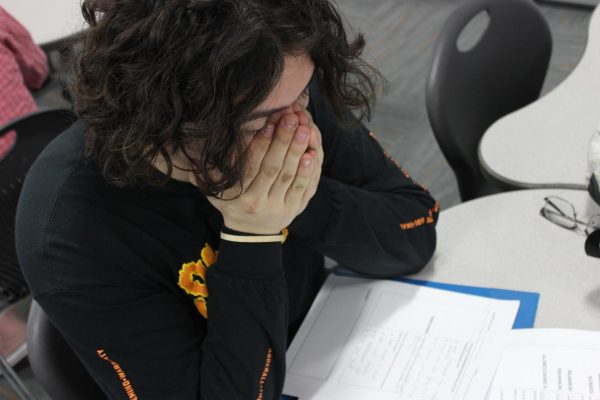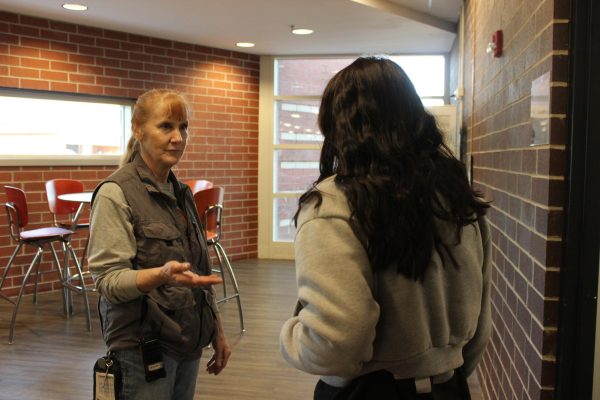Up in the air
Studies show that COVID-19 symptoms are worsened for teens and young adults that vape regularly, despite vaping’s continuing popularity
Toan Nguyen / Unsplash
Though vaping has become popular in the past few years, few have considered the effects of respiratory viruses like COVID-19 on people who vape.
February 19, 2021
Over the past year, COVID-19 has taken over many people’s lives around the world causing their social lives and day-to-day activities to come to a halt. However, a common activity that many teens and young adults take part in is vaping.
Vaping is an electronic device that emits vapor that commonly has nicotine and is commonly used for adults that want to stop smoking. Studies have also shown that the participation in this activity can worsen and raise one’s risk of getting COVID-19 and having more severe symptoms.
COVID-19 is an infection that targets the respiratory system which can put those who vape at a higher risk. Vaping itself already can lead to an inflamed lung even without a virus which can clearly affect the symptoms people can have from COVID and the way that they recover from it. COVID damages the air sacs of the lungs where oxygen is sent to the lungs. The sacs fill with fluid, debris, and dead cells which causes the oxygen to not be able to get through. This leads to the white coloration of the lungs commonly seen in x rays of patients with pneumonia.
Stanford University School of Medicine performed a study on teens and young adults that vape/smoke and how it can be linked to worsen COVID. During this study, they found that people that vaped or smoked were five to seven times more likely to receive COVID-19 than those who had not participated in the use of e-cigarettes.
Young people tend to be under the impression that they are less likely to contract COVID due to their young age, but if they do participate in vaping the increase isn’t just a small percentage, it’s actually quite a lot. People who had vaped 30 days prior were more likely to have more severe symptoms such as a fever, coughing, difficulty breathing, or tiredness.
When an anonymous student from MCHS was asked about how they felt being a regular vapor and how they felt about COVID, they said that while it is a scary thing to possibly be at a higher risk, they don’t see themselves stopping anytime soon. They rather stay indoors and distance themselves to lower their potential risk. However, health specialists say this is a great time to quit smoking/vaping and the worst time to start these activities.






















